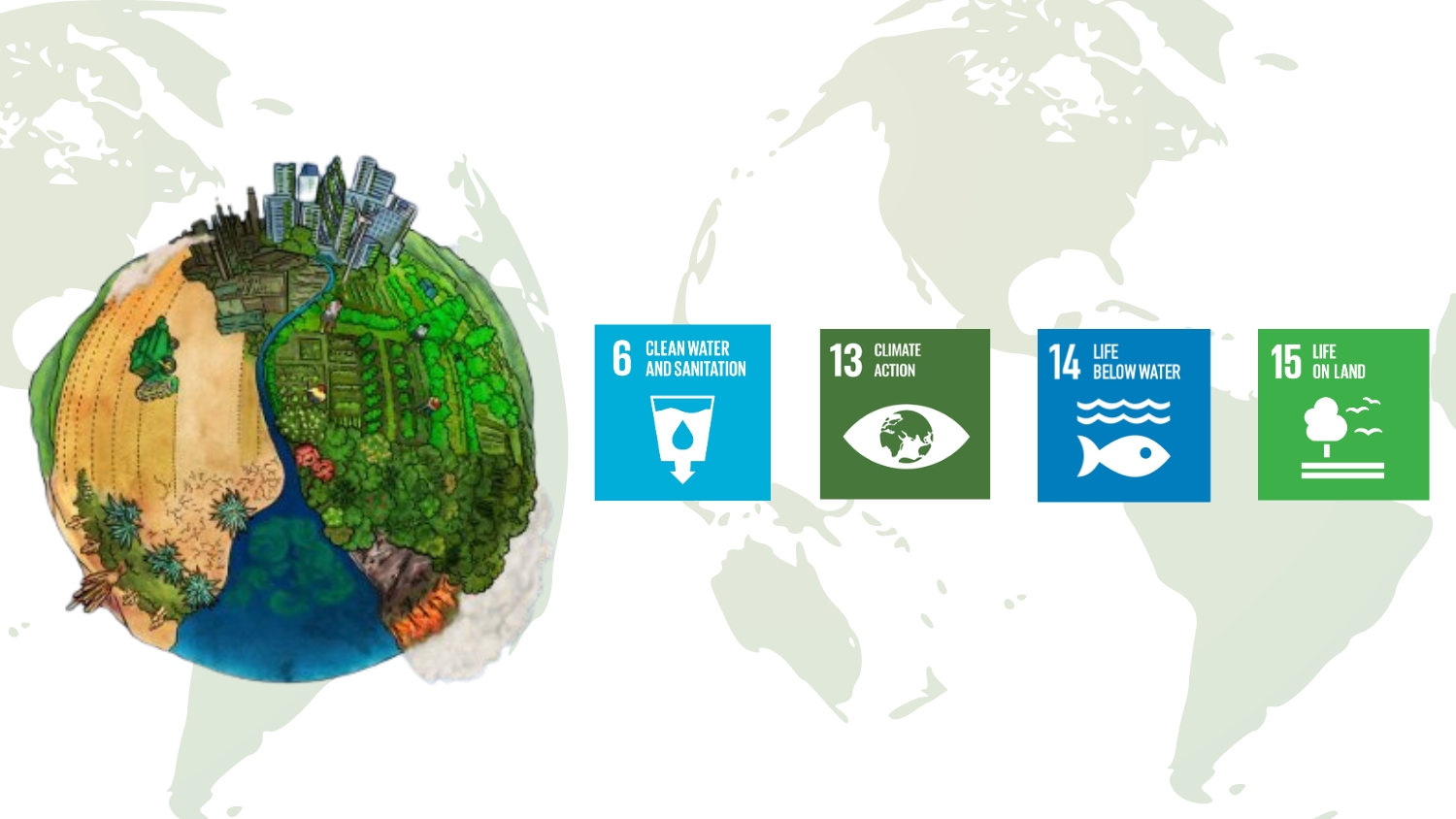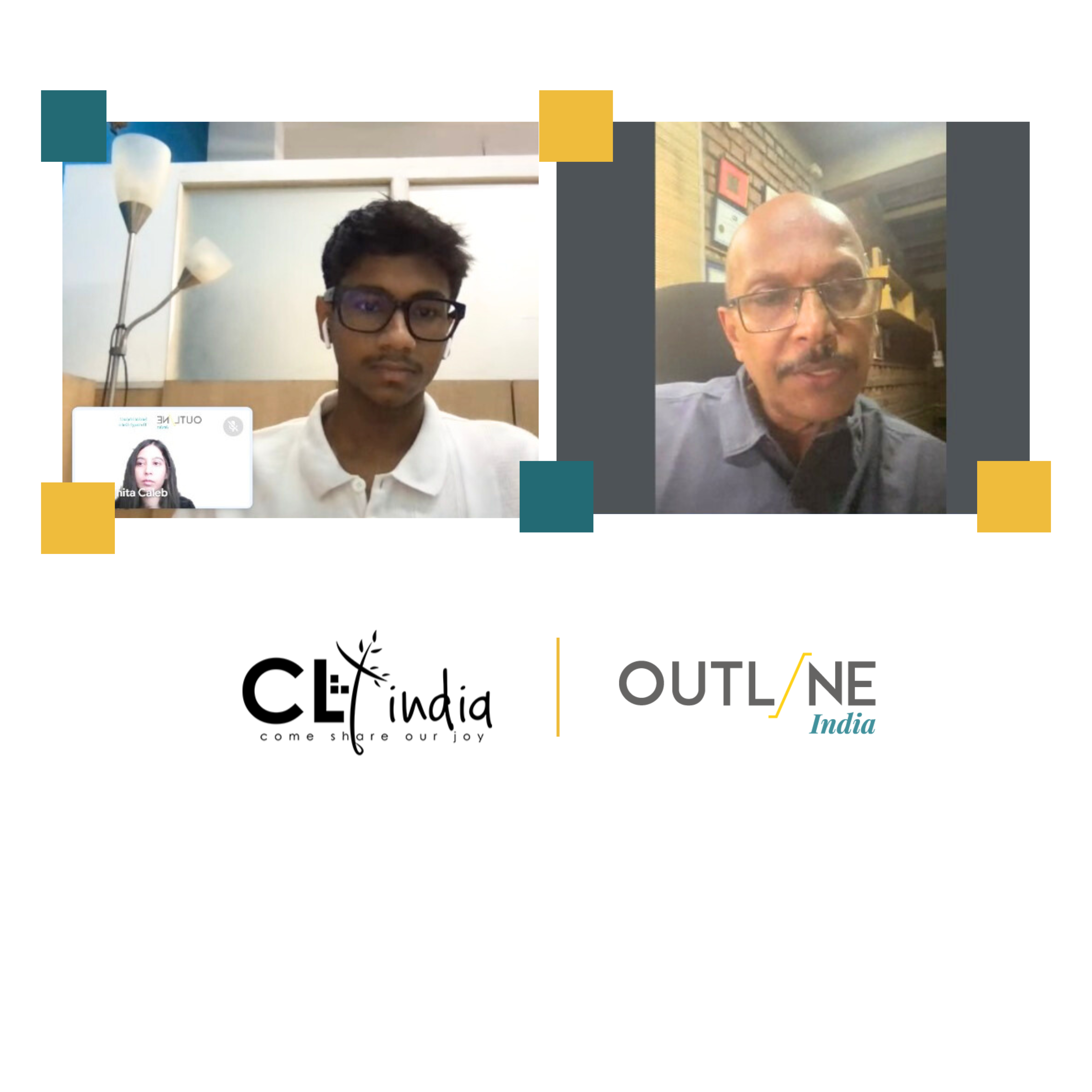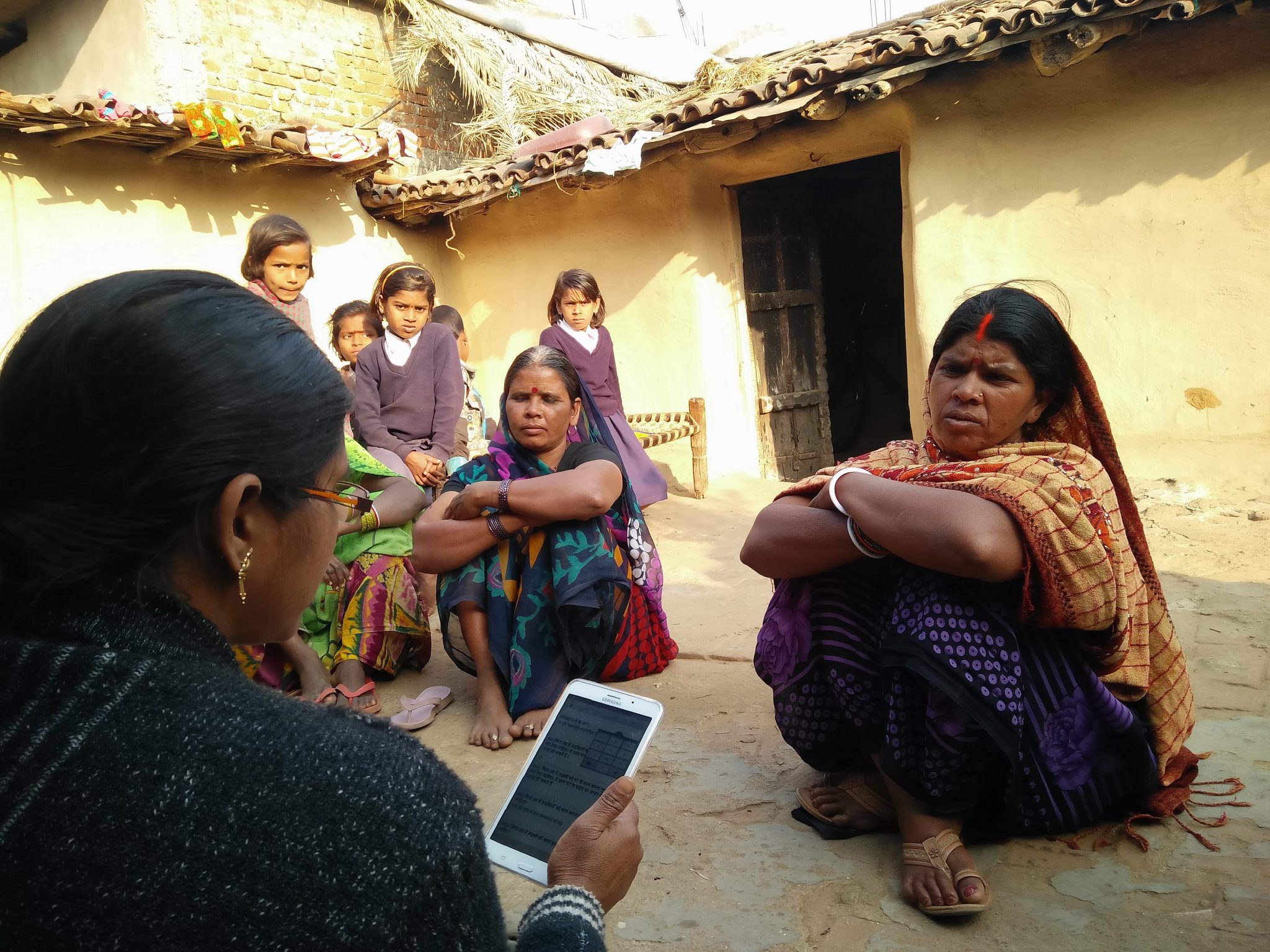Blog Details
Climate is no more an external variable, it is never ‘experienced’ in a vacuum.
Climate change has largely affected the livelihoods and migration patterns in rural India. Be it unseasonal rains ruining crops, depleting and unavailability of natural resources, families getting displaced due to flash-floods or intense heat waves, climate change adversaries affect layers of human life and wellbeing.
Climate destruction also leads to income degeneration in rural areas, thereby causing forced migration to urban and semi-urban areas, causing its own set of problematic patterns. A detailed REPORT BY LANCET recorded 14 million people forced to migrate within India in 2020 due to water stress, crop yield reductions, drought and overall ecosystem loss.
In an attempt to reverse this rural migration and livelihoods crisis, data collection organizations have the potential to channel their resources and bridge this gap leveraging the gig-economy model.
Sustainability has therefore become an integral part of CSR initiatives in the corporate culture, startup forums, research panels and government round tables.
With several of their social programs focusing on growth and economical development, the need for surveys, be in telecommunication or in-person interviews, exponentially increases, and when localities with a regional dialect, experiencing similar social issues, proficiently in local languages attempt to communicate, it bodes authentic, reliable and quality information.
This is a unique win-win situation for the organization and as well as the gig-workers since this exercise allows them the opportunity to be digitally literate, work to strengthen the solutions aimed at their peers, build confidence along with a sustainable income while the organization is also able to gather data for their initiatives.
Such surveys have a wide range; be it an exercise to gauge performance of an initiative in Bareilly or an opinion poll about a government scheme in Bhopal. It combines the power of smartphones, internet, and aggregating data points at lightning speed – all to the benefit of big and small wins for the planet and the people, like reducing carbon footprint (no more long distance travel required), enabling semi-skilled workers with an income, encouraging reverse migration, and access to sustainable livelihoods.
The onus also falls on social organizations and MLE firms to assign big bodies of data collection not to market research agencies, but to invest in people.








David Angel Makel
IT ConsultantIt is a long established fact that a reader will be distracted by the readable content page looking at its layout point of using normal